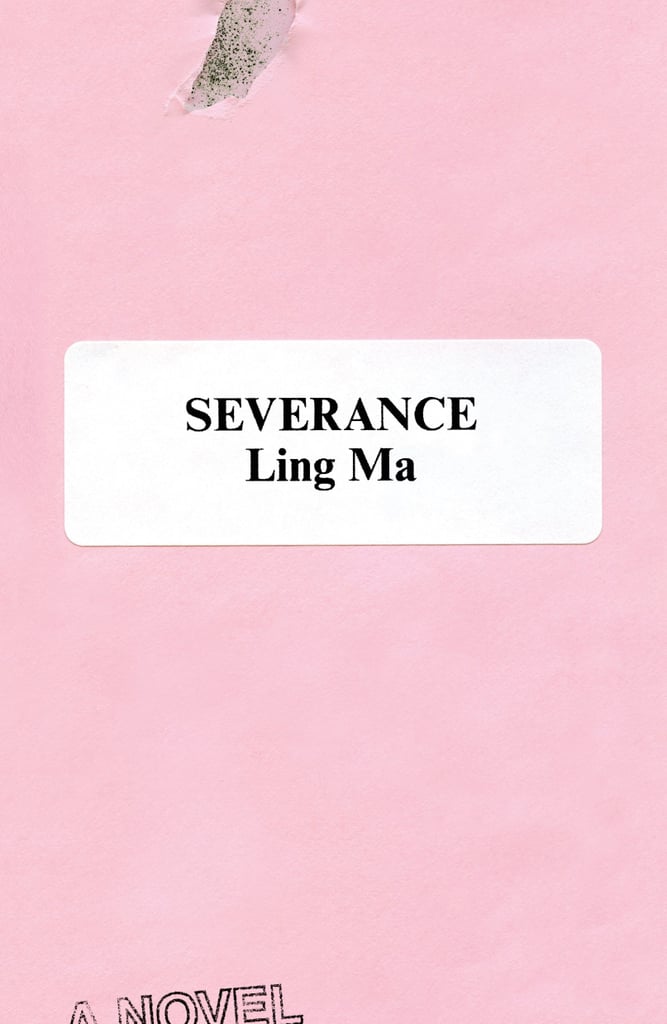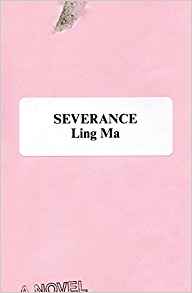


There’s more, but the gist is, I tend to keep circling back to where I used to be, though often these returns were enabled by circumstantial opportunities rather than an active agenda. As an adult, I’ve moved to Chicago at least three times, for example, and once back to the same apartment.

My family moved to Utah once, then moved to Nebraska, then returned to Utah, leasing an apartment in an adjacent complex from our old one, and I was re-enrolled in the same school. LM: My answer isn’t about any specific place, just a broader observation that my life pattern seems to be composed of a series of returns. JC: How would you map your life from birthplace to now, including Fujian, Utah, Kansas, University of Chicago, Cornell, and now teaching at UChicago? How has that journey influenced your writing? There’s something about adding a fantastical element to the story that forces the issues and questions to the surface. “Having more fun” is always the vanishing point on the horizon, along with “being in the moment.” I wish I’d managed to have more fun, but that tends to be my regret most of the time. Jane Ciabattari: How have the past three disorienting and tumultuous years been for you? Basinger describes the paradox of the successful woman’s film of the thirties, forties, and fifties: “It both held women in social bondage and released them to into a dream of potency and freedom.” The “bliss montage,” Basinger writes, is a “Happy Interlude,” a brief sequence in which the “leading lady can be seen laughing her head off, dressed in fabulous clothes, racing across the water in a speedboat, her yachtsman lover at her side.” It is “a woman’s small piece of action, her marginal territory of joy… And it isn’t going to last.” Decades later, this montage effect infuses Ling Ma’s stories, making the surreal blossom into the sublime. The collection’s title and inspiration, Ma notes in her acknowledgements, come from the film historian Jeanine Basinger’s book A Woman’s View. She continues her blending of speculative and realist in Bliss Montage, a collection of eight sometimes satiric stories, all told from a woman’s point of view. With fluid ease, Ma merges speculative and realistic fiction as she explores what happens in the aftermath of disaster, including who’s in power (in Candace’s case, Bob, a former IT technician), who controls culture, and who decides the guidelines for religious practice. Ling Ma’s eerily prescient 2018 novel Severance, which she has described as an “apocalyptic thriller, coming-of-age roman à clef, immigration narrative, and office novel,” revolves around Candace Chen, a millennial who works at a Bible-publishing firm, and who is one of nine survivors who flee New York City during the fictitious 2011 Shen fever pandemic.


 0 kommentar(er)
0 kommentar(er)
